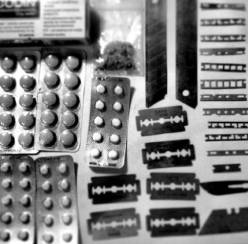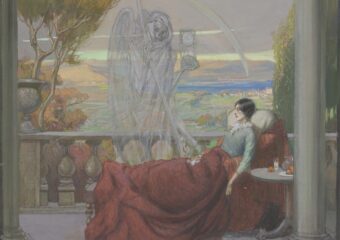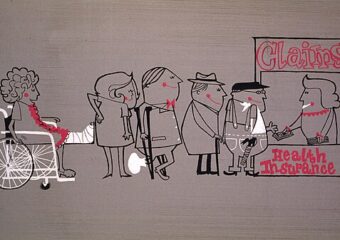Self-mutilation, particularly in the form of people cutting themselves with razors or knives can be seen as stemming from psychological causes. Biomedical explanations have implicated neurotransmitter dysfunctions, and abnormal psychophysiological responses.
Here a character in a literary novel elaborates on a biomedical theory for self-mutilation that explains it as an abnormal psychophysiological response of relief—however much this theory begs the question notwithstanding.
The Biomedical
From Messer JM, Fremouw MJ. A critical review of explanatory models for self-mutilating behavior in adolescents. Clinical Psychology Review 2008;28:162-78.
Recent evidence suggests that biological factors may contribute to the act of self-mutilation. These factors suggest a biological vulnerability for engaging in the behavior either due to a dysfunctional neurotransmitter system or an abnormal psychophysiological response to self-mutilation that involves tension reduction.
p. 172
The Literary
From A Little Life, by Hanya Yanagihara, Anchor Books, New York, 2015.
This novel features a character (Jude) who experienced abandonment as a very young child, pedophilia, torture, and unbearable suffering from these and other circumstances. Against all odds, he made his way into and through college and eventually became an accomplished lawyer. He made three lifelong friends in college and found surrogate parents in his young adulthood who offered unlimited love and support. Nevertheless, his habit of cutting himself starting when he was young persisted through his life despite knowing the risks involved, suffering the severe pain and life-threatening complications it causes, and the beseeching of friends and family to stop. He wanted to offer an explanation to at least one of his friends, Willem, that elaborates on the biomedical theory related to an abnormal psychophysiological response as a reason why people engage in persistent self mutilation.
You don’t want to see me without it, he wanted to tell Willem, as well as: I don’t know how I’d make my way through life without it. But he didn’t. He was never able to explain to Willem what the cutting did for him in a way he’d understand: how it was a form of punishment and also of cleansing, how it allowed him to drain everything toxic and spoiled from himself, how it kept him from being irrationally angry at others, at everyone, how it kept him from shouting, from violence, how it made him feel like his body, his life, was truly his and no else’s. (p. 555)
p.555
A review of A Little Life is here in the What These Works Say section.



